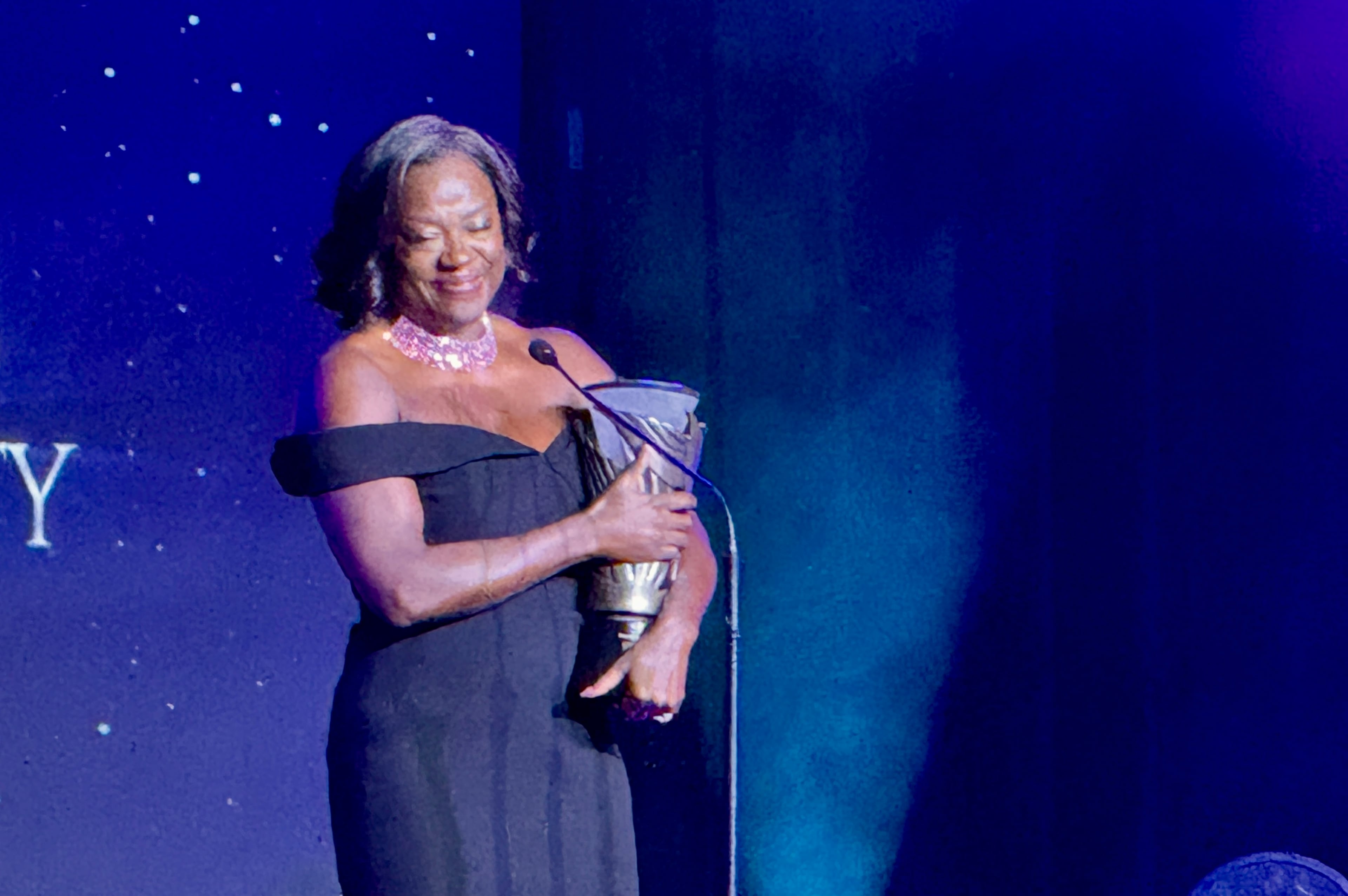
The lunch counter at the former F.W. Woolworth is attended by a set of chairs with red and green vinyl cushions and chrome tubular frames.
As the centerpiece at the International Civil Rights Center and Museum in Greensboro, N.C., it is a humble artifact. But it is an emblem of a profound change.
Four black college students from North Carolina A&T State University sat down at this counter on Feb. 1, 1960, and peacefully requested service. Their requests were denied. They returned the next day, with the same result. Joseph McNeil, Franklin McCain, Ezell Blair Jr. and David Richmond kept returning, with reinforcements, until eventually hundreds crowded the lunch counter.

The sit-in movement spread through the South. By August 1961, more than 70,000 people had participated in sit-ins, according to the civil rights center in Greensboro. But by then, the Woolworth store in Greensboro had also already agreed to serve black customers at the same lunch counter that accommodated whites.
It was a significant victory for a new constituent in the civil rights movement, and the students who organized the sit-ins created the Student Nonviolent Coordinating Committee. That group played a role in organizing the Freedom Rides from Washington, D.C., to Alabama and in the marches that eventually led to Selma.
“We feel that this place here and this entire building is holy ground,” Skip Alston, Guilford County commissioner, told National Public Radio on the 50th anniversary of the sit-ins. “What took place here on Feb. 1, 1960, was very holy and ordained.”


